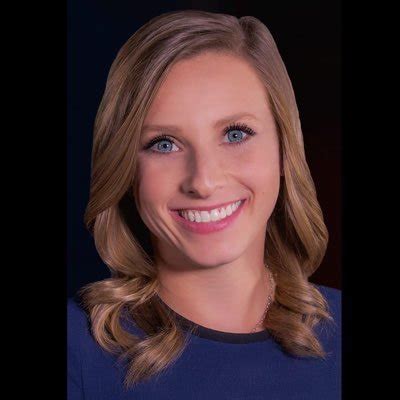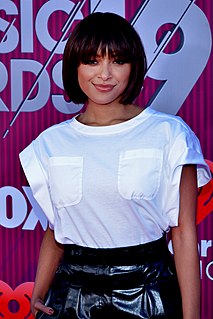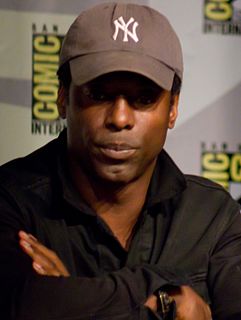A Quote by Lee Daniels
In L.A., I was a talent manager for many years. I represented many African-American actors. After a while, I became disheartened over the shortage of roles for African Americans.
Related Quotes
The most important thing to keep in mind is the incredible diversity of talent that's out there - there are so many great actors from all over Asia, from Singapore and Hong Kong to the Philippines and Mainland China, not to mention many great Asian-American actors who are eager for fun and challenging roles.
Within the model minority rhetoric, Asian Americans are represented as “good” minorities and African Americans are represented as “bad” minorities. Here, the achievements of Asian Americans are used to discipline African Americans. As model minorities, Asian Americans achieved the status of “honorary Whites”. Again it is important to point out that the honorary whiteness of Asian Americans was granted at the expense of Blacks. It is also significant that as “honorary Whites,” Asian Americans do not have the actual privileges associated with “real” whiteness.
In a moment when young black voters were key to the election and the reelection of a black president, when the Department of Justice has been led these years by the first two African-American attorneys general, when many big cities boast African-American league prosecutors and police chiefs and mayors, even in this moment, why is it that it still feels to so many young people that there is more power for change on the court than in the courts?
Too often the media assumes that "poverty" is an African American or a Latino issue. Of course, that's nonsense. While a higher percentage of the African American and Latino population does live in poverty as compared to the white population, when overall numbers are looked at, it is clear that people of all races, ethnicities, and colors, are represented amongst America's poor.
We know that the African regimes, many African regimes have failed their people and many Africans want regime change, and there are a lot of African leaders who make promises but don't carry them out. I mean, the progress - I mean, it is noble for the rich countries to help Africa, but then the question is: What are African leaders themselves doing to help their own people?




































